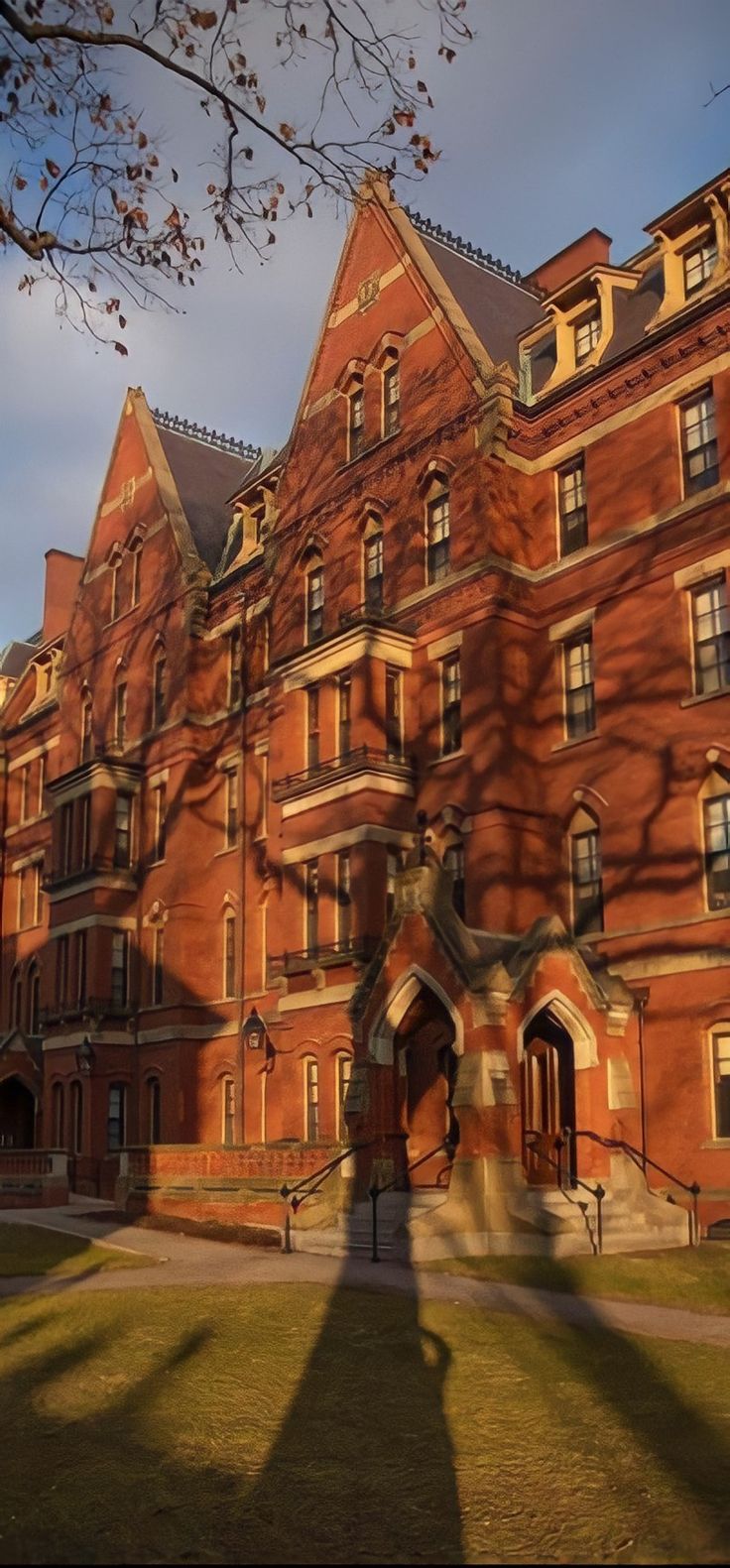Harvard University: A Beacon of Knowledge and Excellence
Harvard University is one of the most prestigious institutions of higher learning in the world. With a history that spans more than 380 years, it has consistently been a leader in education, research, and innovation. Located in Cambridge, Massachusetts, Harvard has produced some of the most influential figures in history, from U.S. presidents and world leaders to scientists, entrepreneurs, and Nobel laureates.
This article explores the history, significance, and impact of Harvard University on the world. We will also look at the daily life of students and faculty, the institution’s contribution to society, and why it continues to be an influential force in the world of education.
History of Harvard University
Founded in 1636, Harvard University is the oldest institution of higher education in the United States. Its founding was motivated by the desire to create a place where the next generation of Puritan ministers could be educated, but it quickly expanded its mission to provide a broad education to students in various fields of study.
Harvard’s early history was marked by its close ties to the religious and intellectual needs of colonial America. However, over time, the university evolved into a modern research institution, expanding its academic offerings and growing into the world-renowned center of knowledge it is today.
In the 19th and 20th centuries, Harvard played a pivotal role in shaping American higher education. Its leadership and influence grew as the university focused on producing leaders in government, science, law, and business. Harvard’s prestigious reputation was solidified by its commitment to academic excellence, groundbreaking research, and a diverse and intellectually stimulating environment.
Key Facts About Harvard University
- Location: Harvard University is located in Cambridge, Massachusetts, just across the Charles River from Boston.
- Endowment: Harvard has one of the largest endowments of any university in the world, with over $50 billion in assets.
- Faculty and Alumni: The university has 2,400 full-time faculty members and more than 360,000 alumni spread across the globe. Its alumni include eight U.S. presidents, 188 living billionaires, and over 100 Nobel laureates.
- Harvard Law School: Harvard Law School is one of the most respected and influential law schools in the world, producing some of the top legal minds.
- Global Reach: Harvard’s reach extends far beyond the United States, attracting students and scholars from all over the world.
Daily Life at Harvard University
Life at Harvard is dynamic and intellectually stimulating. Students at Harvard are expected to engage in both rigorous academics and extracurricular activities, creating a well-rounded university experience. The university fosters an environment of critical thinking, collaboration, and independent inquiry. Here’s a glimpse into the daily life at Harvard:
- Classes and Academics: Harvard’s academic environment is characterized by a mix of lectures, seminars, and hands-on research projects. Students are encouraged to actively participate in discussions, challenging their ideas and expanding their knowledge.
- Extracurricular Activities: Harvard has a thriving extracurricular scene, with students actively participating in student government, sports teams, cultural organizations, and service clubs. The university is also home to some of the world’s most prestigious academic societies.
- Social Life: Harvard students live in diverse residential houses that serve as communities for academic and social activities. The campus is filled with a variety of social events, from academic symposia to casual get-togethers, offering students plenty of opportunities to connect and grow.
- Research Opportunities: Harvard is at the forefront of global research across a wide range of disciplines, including medicine, science, engineering, social sciences, and humanities. Students can collaborate with world-class professors and contribute to groundbreaking projects that impact society.
Significance of Harvard University to Society
Harvard University has been at the forefront of societal change, contributing to advancements in nearly every field. Some of its key contributions include:
- Leadership Development: Harvard’s alumni have significantly shaped the political, legal, and business landscapes. The institution has produced U.S. presidents, senators, judges, and CEOs who have had a profound impact on global affairs.
- Scientific and Medical Advancements: Harvard’s research has led to significant breakthroughs in various fields, including medical treatments, technology, and climate change solutions. The university’s affiliated hospitals and research institutes continue to lead cutting-edge research.
- Cultural Impact: Harvard has played a key role in fostering intellectual debates and cultural exchanges that have shaped society’s views on important issues like civil rights, global justice, and economic equality.
- Global Reach and Inclusivity: Harvard is committed to ensuring that its influence is felt around the world. Through its international collaborations and partnerships, Harvard extends its educational and social impact to countries across the globe, nurturing future leaders and thinkers.
- Focus on Ethics and Social Responsibility: Harvard encourages students and faculty to apply their knowledge to improve society. Whether through direct community service or research that addresses global challenges, Harvard’s focus on ethics continues to make it a leading force in promoting social responsibility.
FAQs About Harvard University
- What is Harvard’s most famous program? Harvard is renowned for its graduate programs, particularly in law, business, medicine, and public policy. The Harvard Business School and Harvard Law School are among the top-ranked in the world.
- How can I get into Harvard University? Getting into Harvard requires exceptional academic performance, high standardized test scores, a history of leadership and extracurricular involvement, and compelling personal essays. The admissions process is highly competitive.
- What makes Harvard unique compared to other universities? Harvard’s unique combination of academic rigor, world-class faculty, a vast global network, and access to unparalleled resources make it stand out as one of the most prestigious institutions in the world.
The Continuing Legacy of Harvard University
Harvard University’s legacy is far-reaching, and its role in shaping the future continues to be significant. From producing some of the most influential thought leaders of our time to advancing research that changes the world, Harvard has solidified its place as a beacon of education. Its culture of excellence and innovation inspires students from all backgrounds to pursue greatness and make lasting contributions to society.
As the world continues to evolve, Harvard’s commitment to knowledge, diversity, and global leadership remains steadfast. For those seeking an intellectually enriching experience and the opportunity to make a meaningful impact, Harvard University will continue to stand as a symbol of academic excellence for years to come.
Conclusion: Harvard University’s role in shaping the future of education, innovation, and leadership is undeniable. Through its history, contributions, and ongoing commitment to social responsibility, it stands as a pillar of academic and societal progress. Whether through scientific research, political leadership, or cultural impact, Harvard continues to make its mark on the world.










